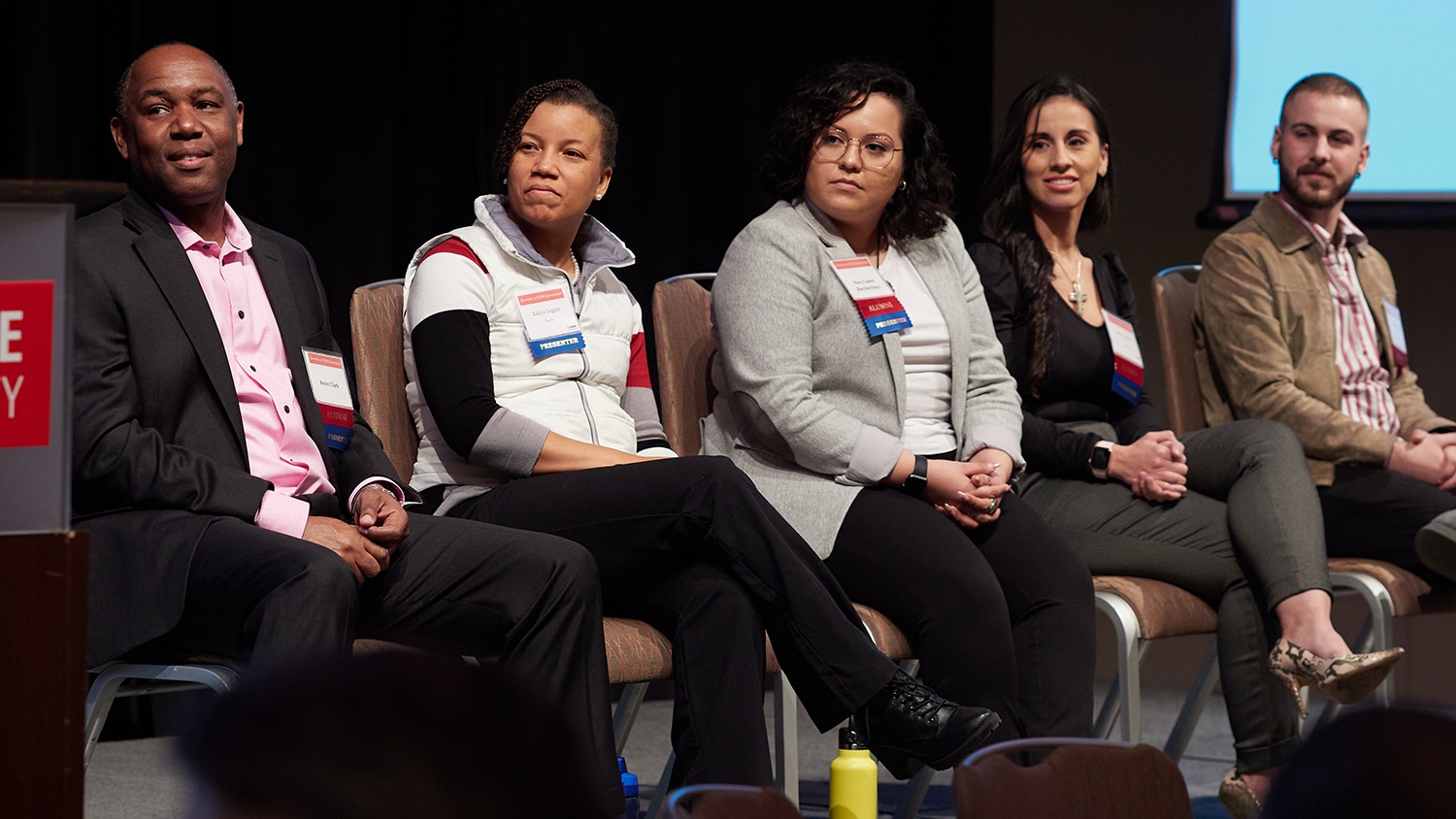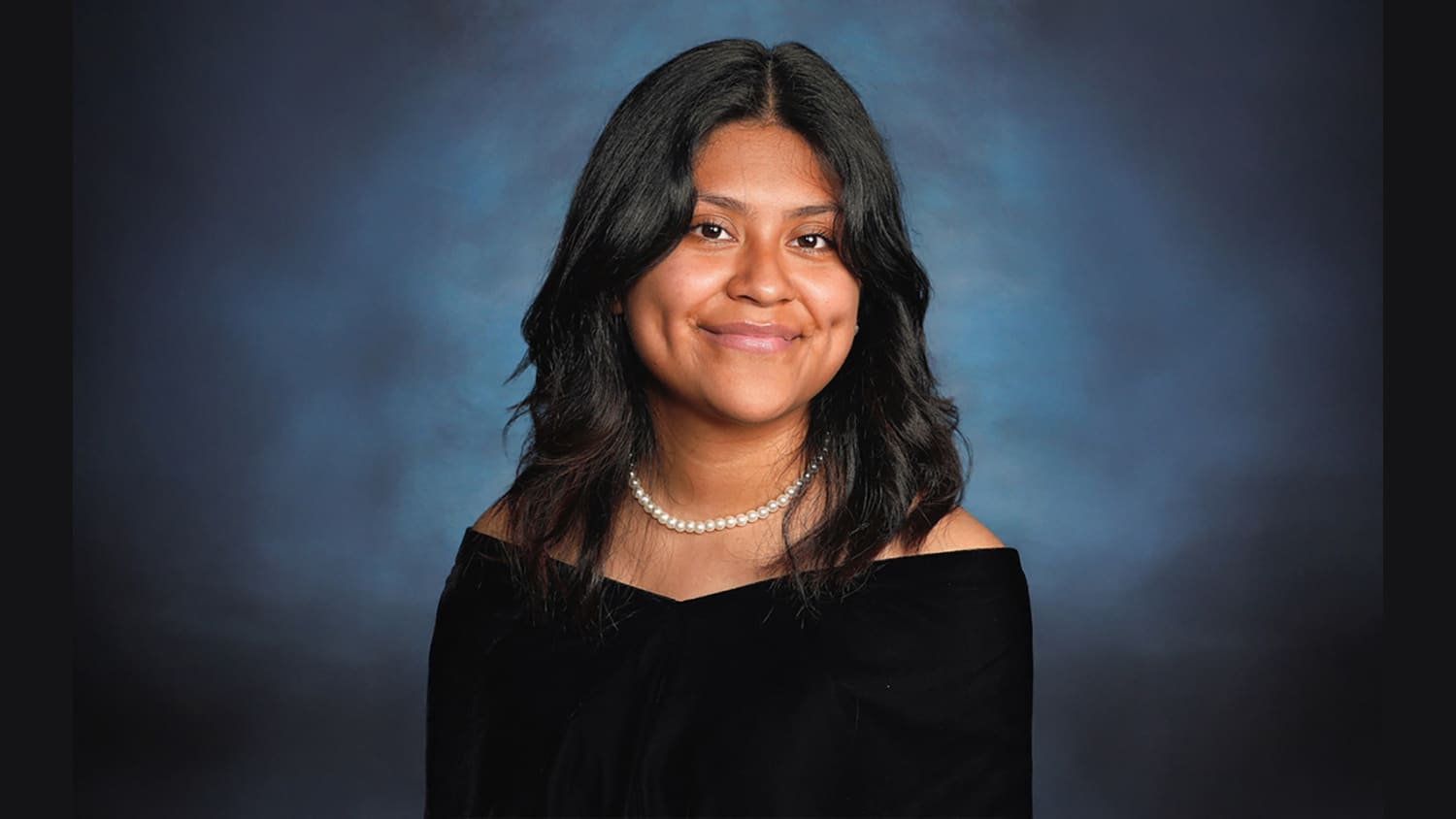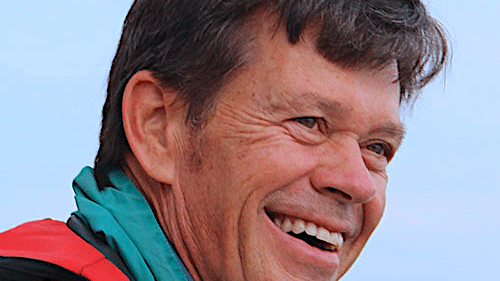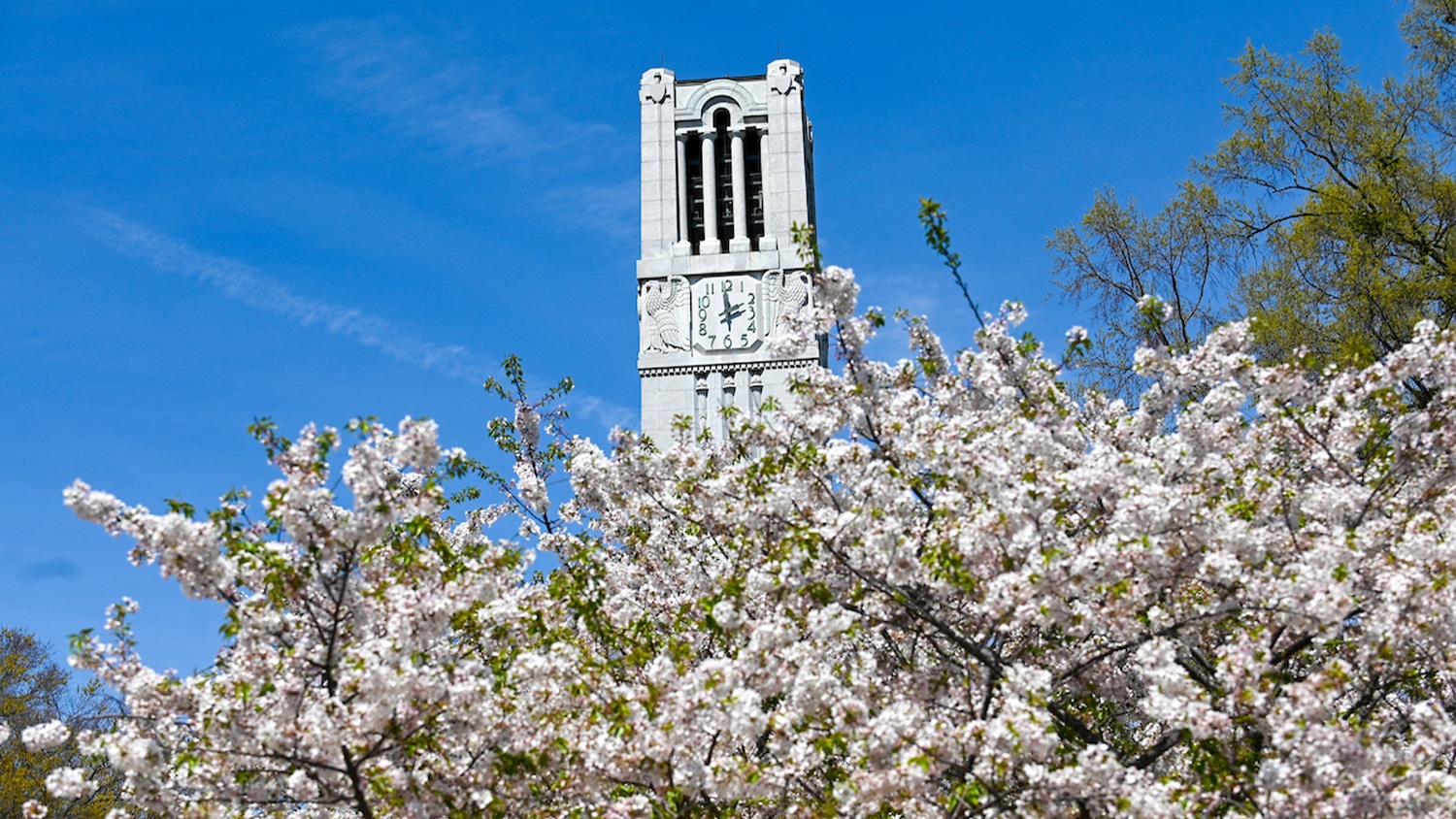Diversity in STEM Symposium Highlights Inclusive Spaces

About 300 people from across NC State and the Triangle attended the College of Sciences’ second Diversity in STEM Symposium on Feb. 5. The theme of the day was “Creating Inclusive Spaces.”
The symposium, sponsored by BASF, featured a range of concurrent sessions, networking time, and lunch and a keynote address by diversity consultant Christina Chang. BASF also sponsored a dinner the preceding evening that featured a keynote address by NC State alumnus and George Mason University Professor Kevin Clark.
“Our goal for the symposium was to offer faculty, staff, students, alumni and the community a space to network and learn from one another about best practices for creating inclusive spaces for diverse populations in science, technology, engineering and math fields,” said Jamila Simpson, assistant dean for academic affairs, student diversity and engagement in the college and organizer of the symposium.
“My passion for diversity in STEM began because it is my personal journey, as I came to NC State from a rural area and was the first African American woman to earn a degree in meteorology from the university,” Simpson said. “I believe it is important for all populations to be included in STEM. STEM impacts everyone, and all groups have amazing contributions to bring.”
Photos: Diversity in STEM Symposium and Dinner
During her morning welcome remarks, Sciences Dean Chris McGahan announced the creation of the College of Sciences Diversity Program Endowment, which will support permanent funding for diversity initiatives. The fund will begin accepting contributions during the university’s March 25 Day of Giving.
The morning’s two blocks of concurrent sessions featured NC State faculty and staff sharing information and perspectives on topics like inclusion in advising and communication, respecting culture in STEM research and the importance of spaces that support marginalized identities. A panel of alumni also spoke on their experiences at NC State being part of a minority population in STEM.
Several students also presented research posters, which covered a range of STEM topics, during a networking break.
Zoology and international studies undergraduate Brianna Johns presented her research project on undergraduate student experiences with citizen science. “This was my first time presenting a research poster,” Johns said. “The symposium created a supportive environment where I felt everyone had a genuine interest in learning more about my research project, as well as the projects of those around me.”
“Presenting at the symposium was both a teaching experience and a learning experience,” said Maureiq Ojwang’, a Ph.D. student in biomathematics who presented her poster on network modeling of cucurbit downy mildew in the Eastern United States. “I learned how to sum up my research quickly and to tailor my presentation for different audiences, and hearing positive feedback on my work gave me a confidence boost.”
During a lunch keynote at the end of the day, Chang, whose consulting company specializes in working with higher education institutions, said she believes acknowledgment of issues surrounding diversity in STEM is the first step in improving them. “Commitment to overtly tackling the challenges is a significant part of the battle,” she said. “NC State wants to do something about the problem. That’s why we’re here.”
To illustrate these challenges, Chang shared data on representation and earning gaps for women and people of color in STEM career fields. She argued that tomorrow’s workforce, higher education population and world at large will look very different than today’s and that administrators, employers and everyone should work to intentionally support diverse environments and build meaningful connections across different populations.
“Committing to equity and diversity requires change,” she said. “Are you willing to change to adapt?”
To overcome the discomfort that can come with such change, she encouraged the crowd to stay present, “sit in the fire” and not confuse safety with comfort. “This is lifelong learning and ongoing work,” she said.
Chang was enthusiastic about her experience at the symposium, as well as at the college’s Celebrating Diversity in STEM Dinner the night before. “I’m thrilled to be a part of this,” Chang said. “It’s great to see your [College of Sciences] leadership on board with this initiative and how you’re moving forward.”
Maria Gallardo-Williams, teaching associate professor and Alumni Association Distinguished Undergraduate Professor in the Department of Chemistry, was one of the many NC State faculty who attended the symposium. “I think the symposium is just what our college needs to stay current and informed on diversity issues,” she said. “We value, encourage and support diversity every day, but it’s great to have an annual event to discuss our values, realign our priorities and highlight voices that might otherwise not get enough attention.”
Attendee Tamarya Sims, an AmeriCorps service member working in Durham, heard about the symposium through her program director. “I came because I really wanted to interact with people of color in my field and discuss some of the struggles we may share,” Sims said. “I had some great conversations about issues pertaining not only to STEM but also to other areas.”
Simpson was encouraged by the feedback she received on the day, as well as the turnout from the campus and community. “It highlights the fact that many people care about these issues, and it gave me hope that we can really make a difference when we work together,” she said. “If each person who attended changes at least one thing, there could be a lot of lives positively impacted.”
















